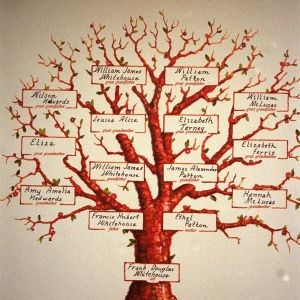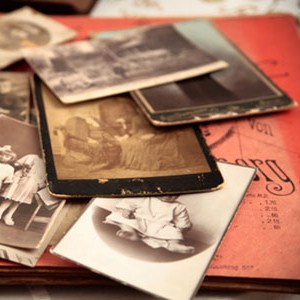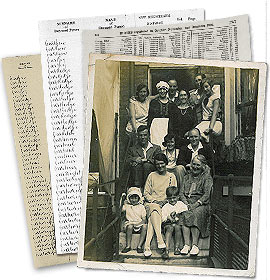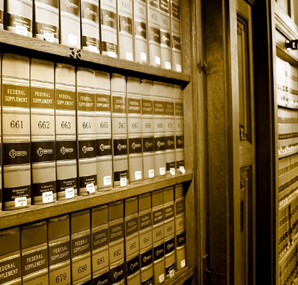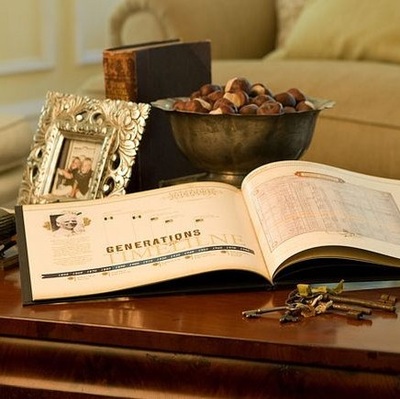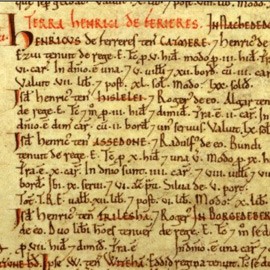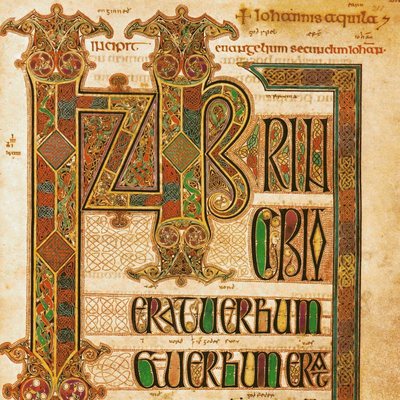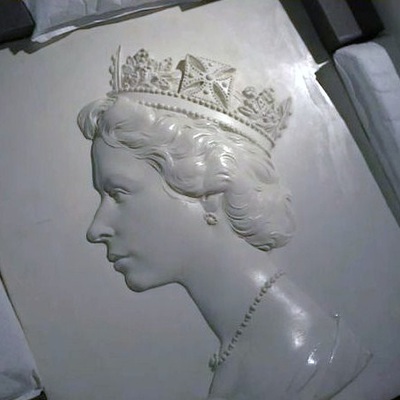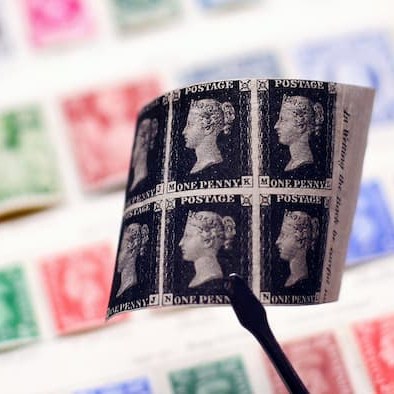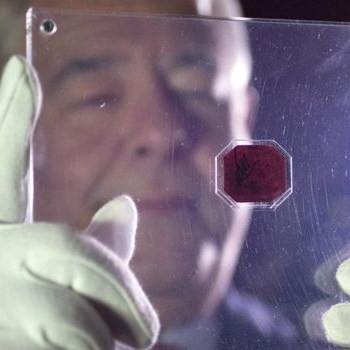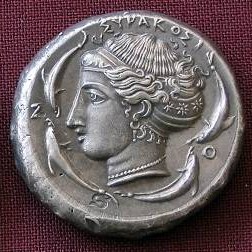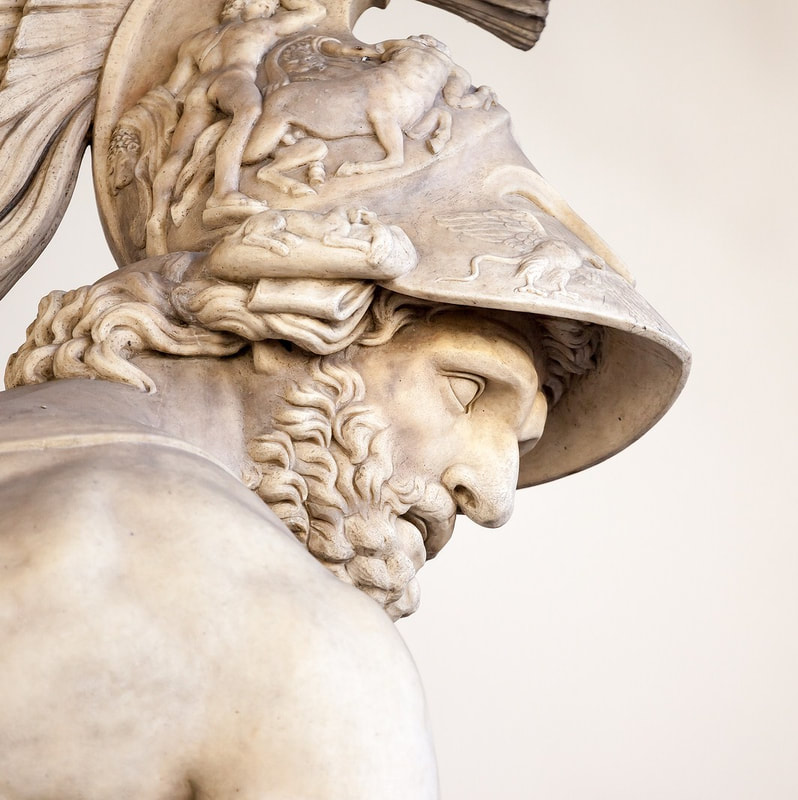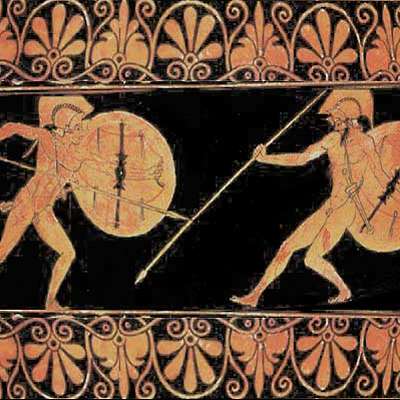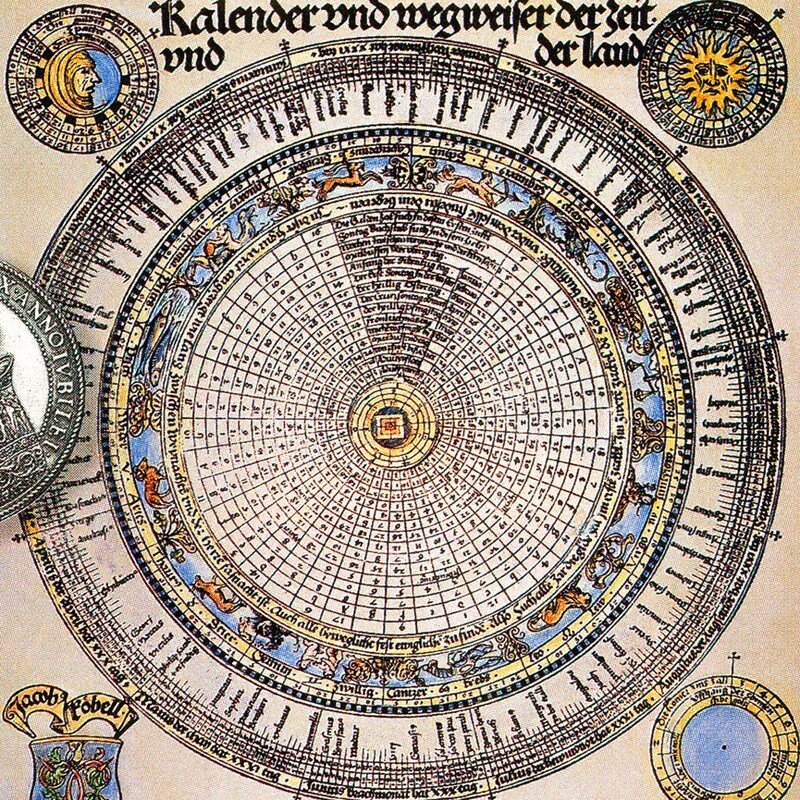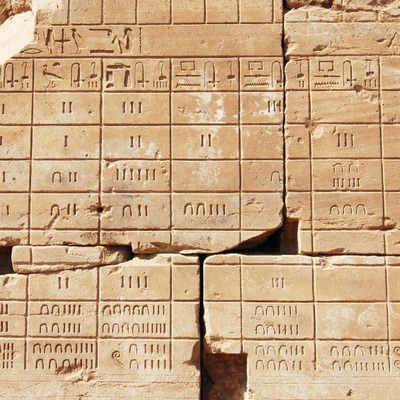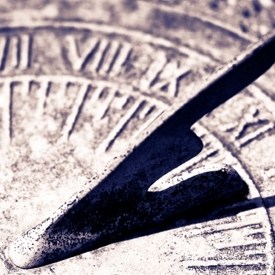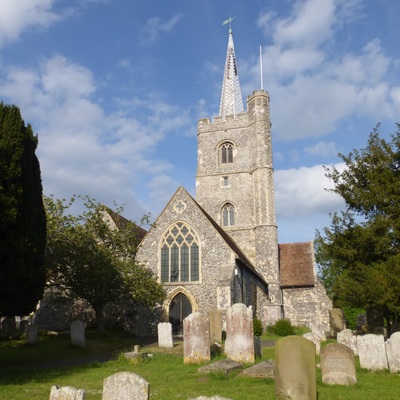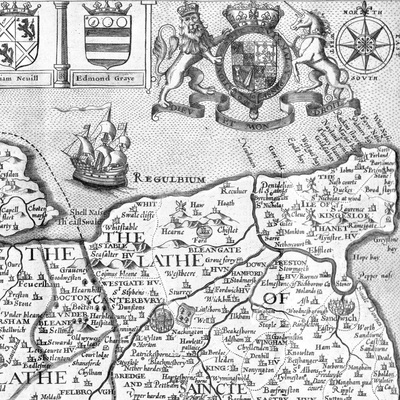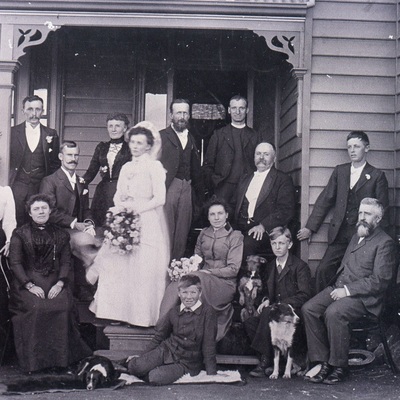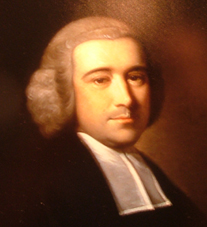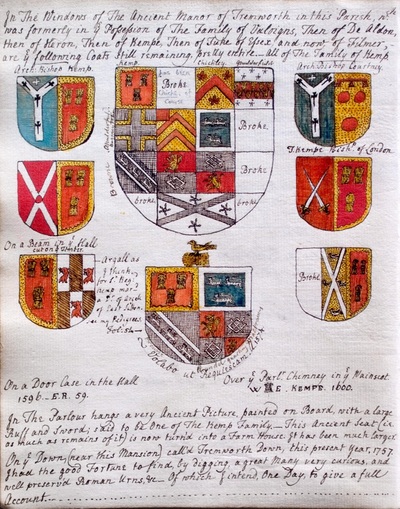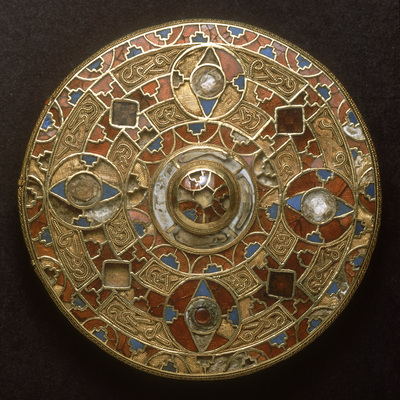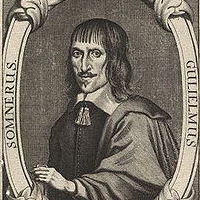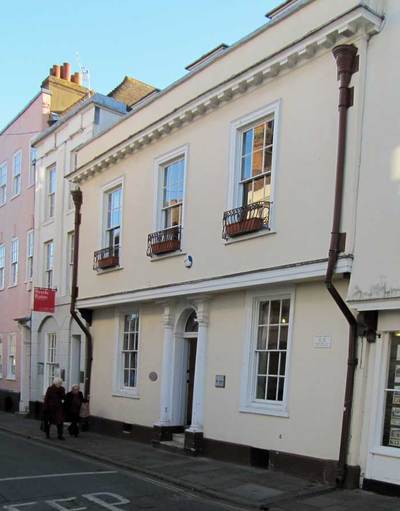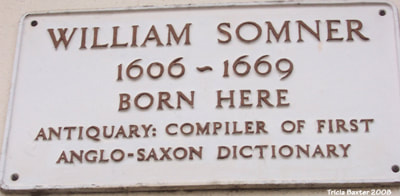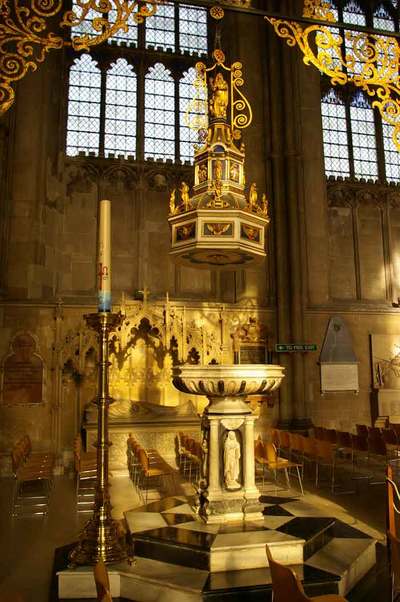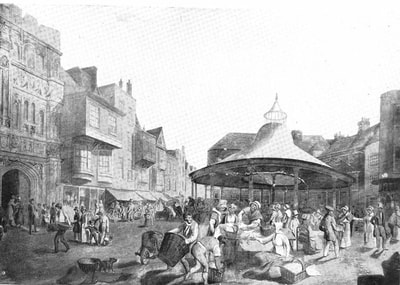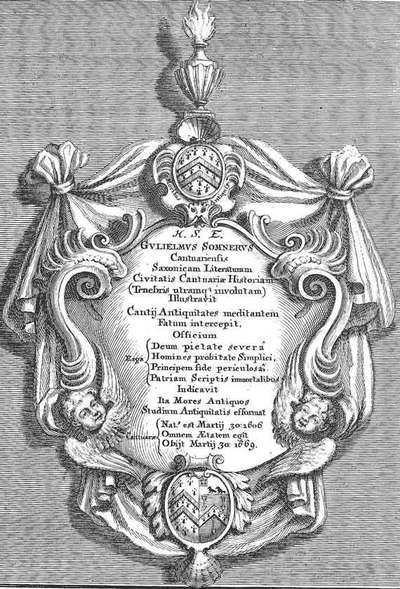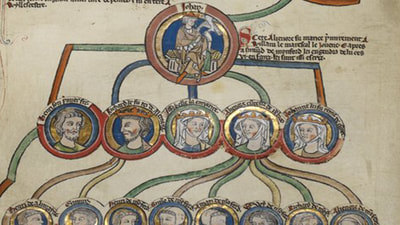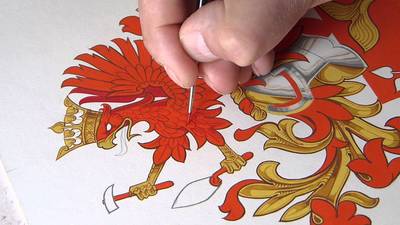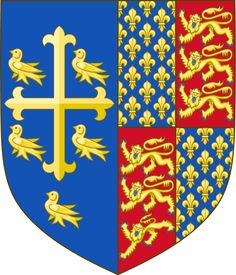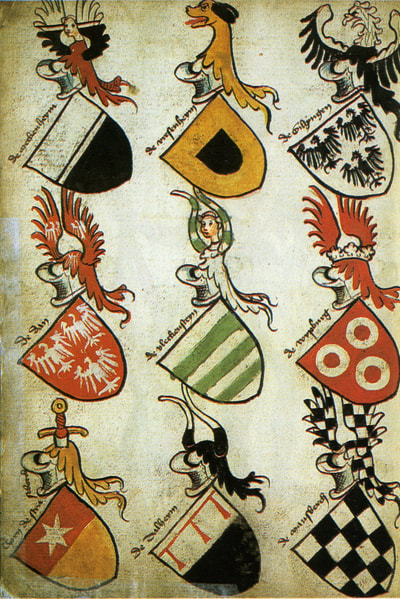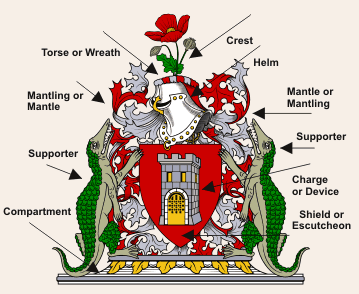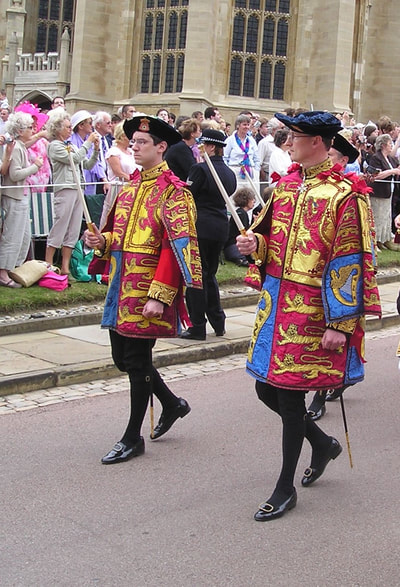Topics for Talks |
A Selection of Specialist Subjects
Genealogy
A selection of talks covering the basic topics of genealogy:
Civil Registration
Birth, marriage and death certificates may be found from 1837 onwards, and constitute the mainstay for commencing any family tree. The indexes are online but contain many traps and pitfalls. The contents of the certificates analysed and the problems sometimes arising.
Parish Registers
After civil registration, all pedigrees are based on parish registers which have survived in their thousands from 1538 onwards, and offer crucial evidence for baptisms, marriages and burials as well as other ancillary details relating to ancestory,.
Wills and Probate
These records are the most important single source in all genealogy and extend far beyond just wills and administrations. East Kent is particularly rich in this material, often allowing detailed pedigrees to be constructed.
The Census Returns
From 1841 to 1911 these offer unique snapshots of family groups giving addresses, relationships. ages and birthplaces. Sometimes three generations of a family may be found in one go and take the pedigree back to the parish register period.
Workhouses
The workhouse system started in the 1830s and brought about a sea change in the lives of the English poor. An examination of the workhouses and their valuable records.
Manorial Records
These are often the only way to take a pedigree back before the parish register period. A description of manorial life and the records produced by the manorial courts.
The Parish Chest
In the parish chest were kept a multitude of records relating to the lives of ordinary people and the regulations concerning their daily lives, occupations and families, often proving the descent from one generation to the next.
Heir Hunters
In 2018 many people still die intestate, often leaving their family considerable problems as to how the estate should be divided. The laws of intestacy are strict and permit only family members of a particular relationship to the deceased to inherit. Frequently there may be no known close kin and much genealogical research may be necessary to find them. This talk is about how to locate them and construct a correct family tree which will satisfy the solicitors acting for the estate.
Genealogical History and Geography
History without geography is meaningless. Our ancestors' lives set in context; how and why they moved and how such behaviour may be traced. County and other boundaries and the restrictions or freedom they allowed.
Problem Solving
How to overcome the brick wall which everybody encounters. Analysis of common problems and suggestions for lateral thinking to take the pedigree back another generation or two.
Heraldry
The colourful world of coats of arms and how they offer indisputable proof of decent from a man to his sons and grandsons. Elementary terms described and explained.
Birth, marriage and death certificates may be found from 1837 onwards, and constitute the mainstay for commencing any family tree. The indexes are online but contain many traps and pitfalls. The contents of the certificates analysed and the problems sometimes arising.
Parish Registers
After civil registration, all pedigrees are based on parish registers which have survived in their thousands from 1538 onwards, and offer crucial evidence for baptisms, marriages and burials as well as other ancillary details relating to ancestory,.
Wills and Probate
These records are the most important single source in all genealogy and extend far beyond just wills and administrations. East Kent is particularly rich in this material, often allowing detailed pedigrees to be constructed.
The Census Returns
From 1841 to 1911 these offer unique snapshots of family groups giving addresses, relationships. ages and birthplaces. Sometimes three generations of a family may be found in one go and take the pedigree back to the parish register period.
Workhouses
The workhouse system started in the 1830s and brought about a sea change in the lives of the English poor. An examination of the workhouses and their valuable records.
Manorial Records
These are often the only way to take a pedigree back before the parish register period. A description of manorial life and the records produced by the manorial courts.
The Parish Chest
In the parish chest were kept a multitude of records relating to the lives of ordinary people and the regulations concerning their daily lives, occupations and families, often proving the descent from one generation to the next.
Heir Hunters
In 2018 many people still die intestate, often leaving their family considerable problems as to how the estate should be divided. The laws of intestacy are strict and permit only family members of a particular relationship to the deceased to inherit. Frequently there may be no known close kin and much genealogical research may be necessary to find them. This talk is about how to locate them and construct a correct family tree which will satisfy the solicitors acting for the estate.
Genealogical History and Geography
History without geography is meaningless. Our ancestors' lives set in context; how and why they moved and how such behaviour may be traced. County and other boundaries and the restrictions or freedom they allowed.
Problem Solving
How to overcome the brick wall which everybody encounters. Analysis of common problems and suggestions for lateral thinking to take the pedigree back another generation or two.
Heraldry
The colourful world of coats of arms and how they offer indisputable proof of decent from a man to his sons and grandsons. Elementary terms described and explained.
More Topics for Talks
Mediaeval ManuscriptsFrom papyrus to print: classical inscriptions; the splendours of illuminated manuscripts; monastic scriptoria; the transmission of ancient and mediaeval knowledge; the arrival of printing and early books.
|
The Romance of StampsThe king of hobbies and the hobby of kings: the fascinating and colourful world of stamps from the Penny Black of 1840 to modern commemoratives; the great collectors and their world-class rarities; mail coaches and the routes over which the mails were carried.
|
Classical CivilisationThe Greek and Latin languages, literature and art; the architectural legacies of Athens and Rome including Pompeii and Herculaneum; world-famous masterpieces of art and architecture including Greek vases and statues, the Parthenon and Greek temples.
|
The CalendarHow time is measured: systems of dates; major changes in chronology; the reforms of Julius Caesar and Pope Gregory; the loss of time and how we catch up; different ways of measuring times and seasons.
|
Kent AncestorsThe talk is packed with vital information for anyone researching their own family history and serves as a taster session for the other specialised genealogical talks listed above.
|
Bryan FaussettThe pioneering Kentish archaeologist, genealogist and antiquary who crowned a frenetic career by discovering the Kingston brooch and died leaving the world's best collection of Anglo-Saxon antiquities.
|
William Somner, a Canterbury Scholar
William Somner (1606 - 1669) was one of the great antiquarians of the seventeenth century. He spent his entire life in Canterbury as a notary public, cathedral employee and industrious scholar. His first major work, published at the young age of 34, was The Antiquities of Canterbury, a pioneering borough history which has long stood the test of time. In 1659 he published his and one of Europe's scholarly masterpieces, the Anglo-Saxon, Latin, English Dictionary, the first work of its kind and one on which all subsequent Anglo-Saxon dictionaries were based.
